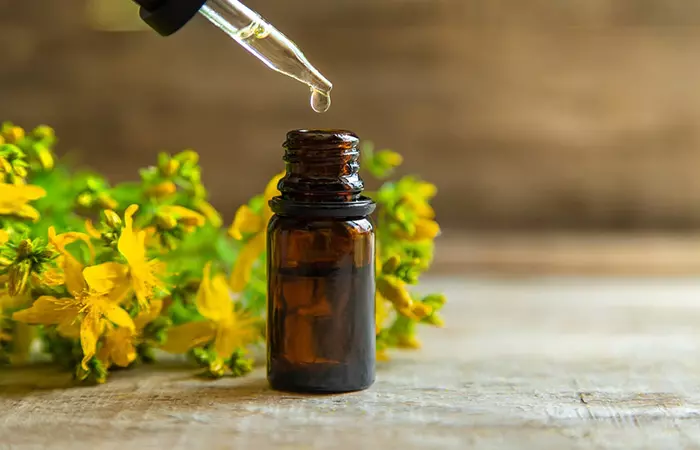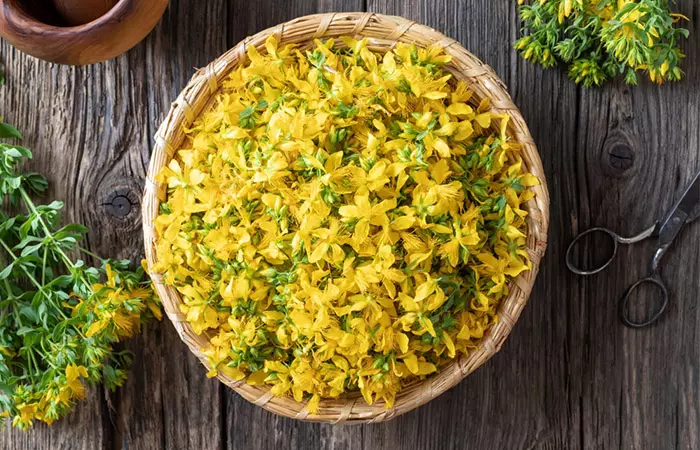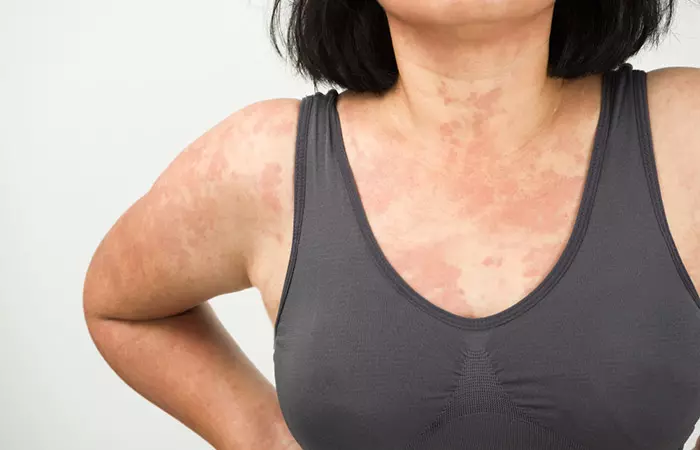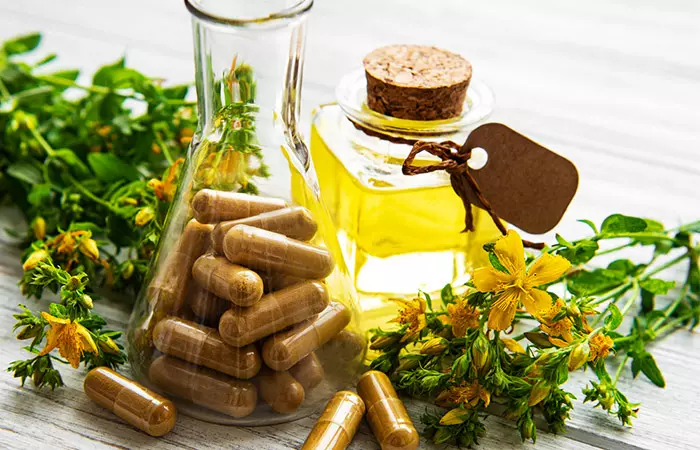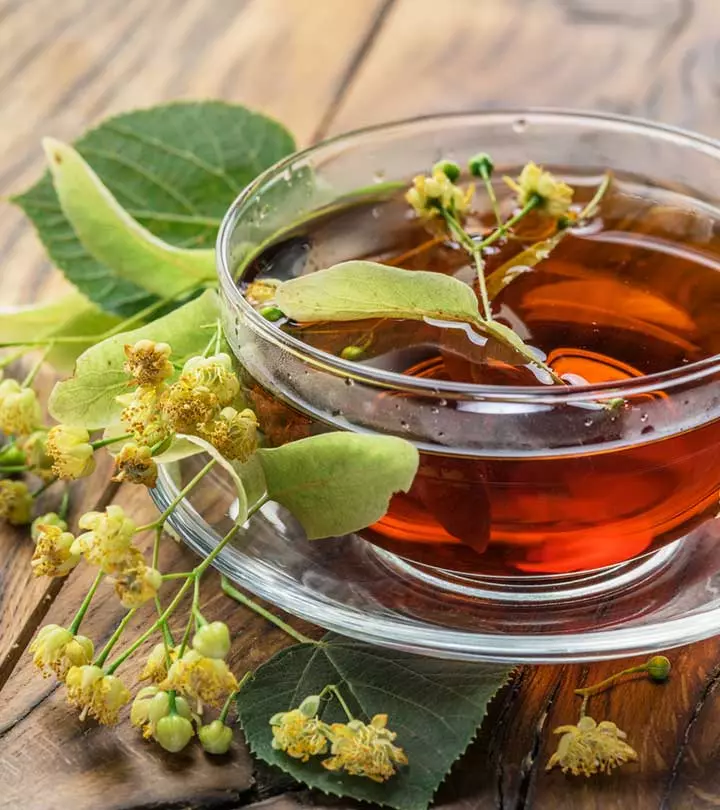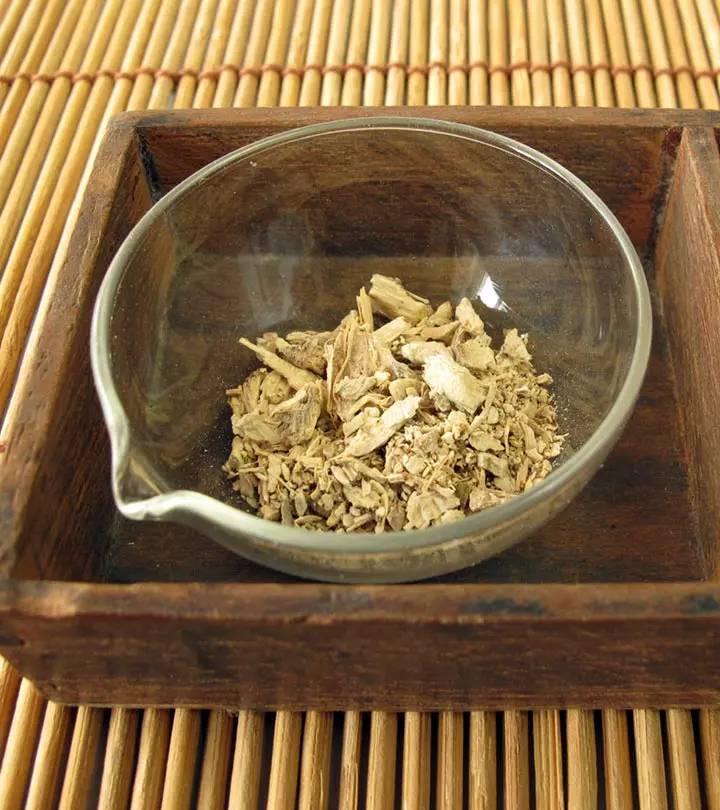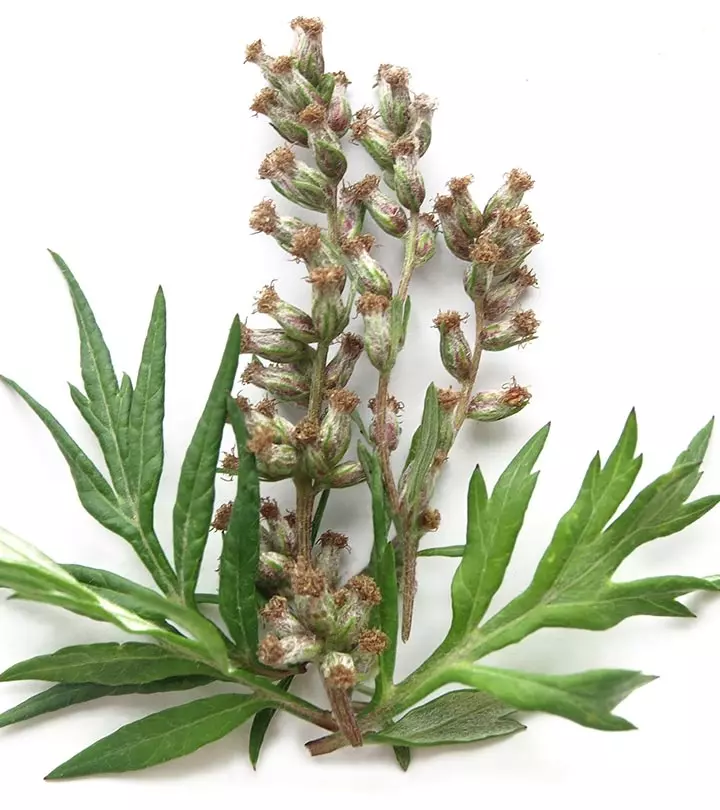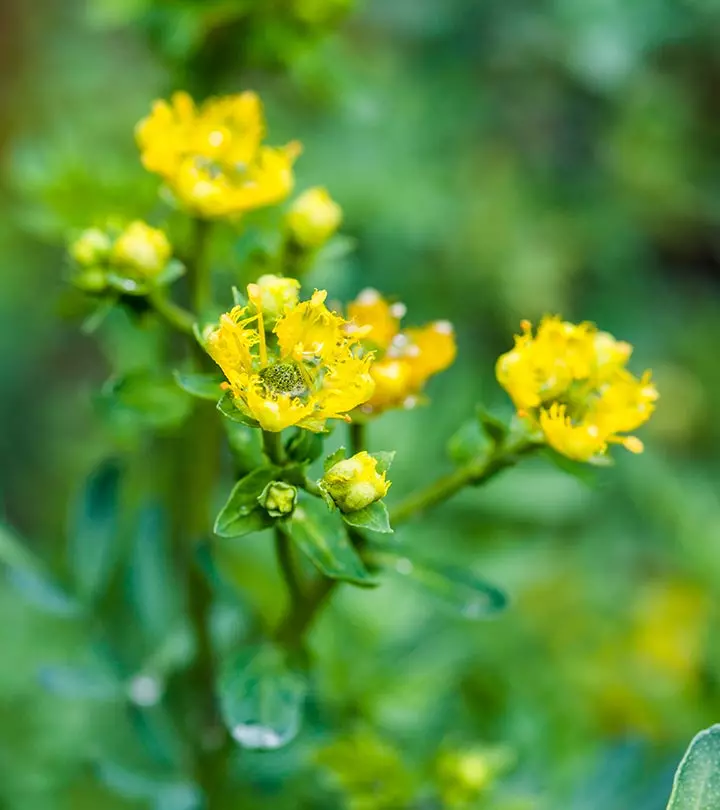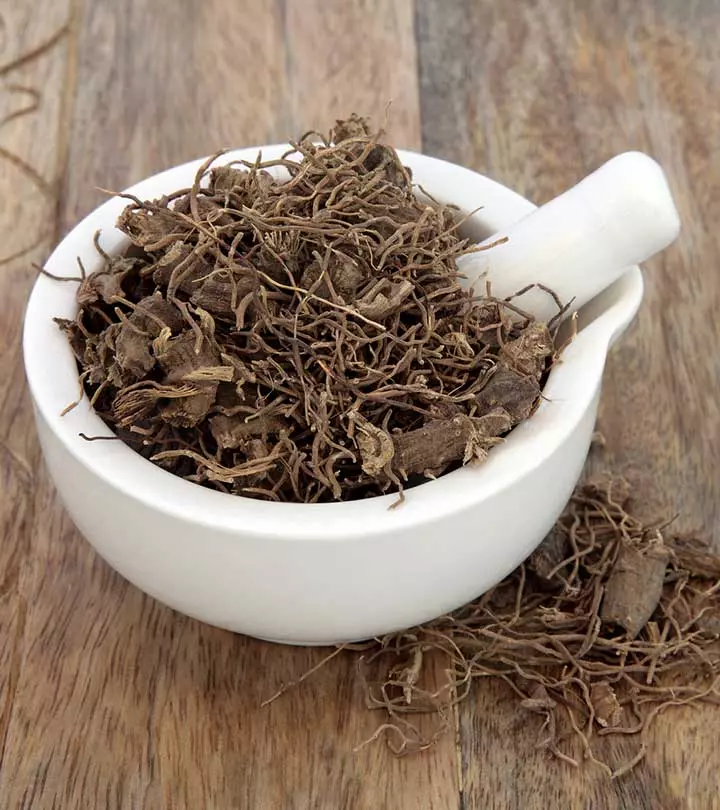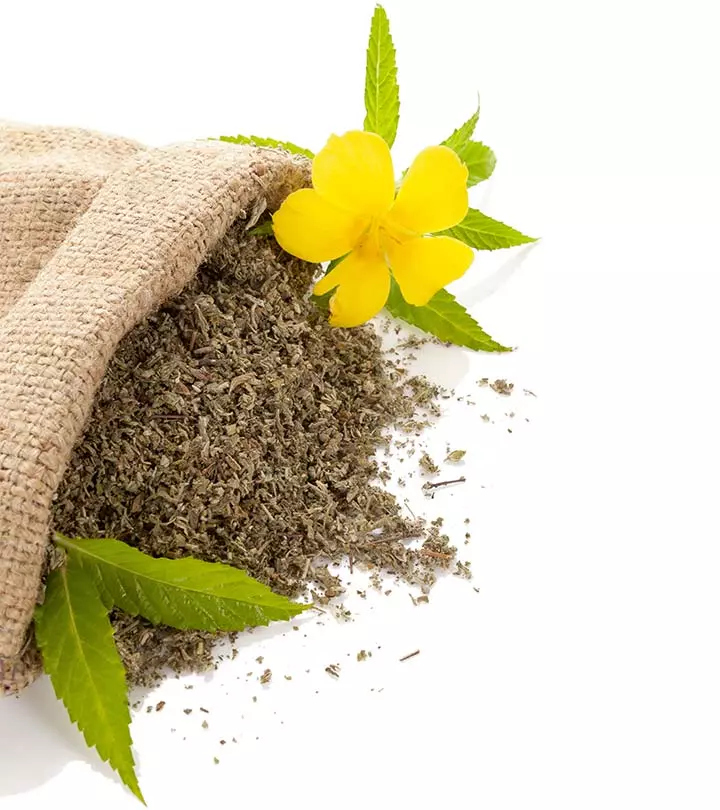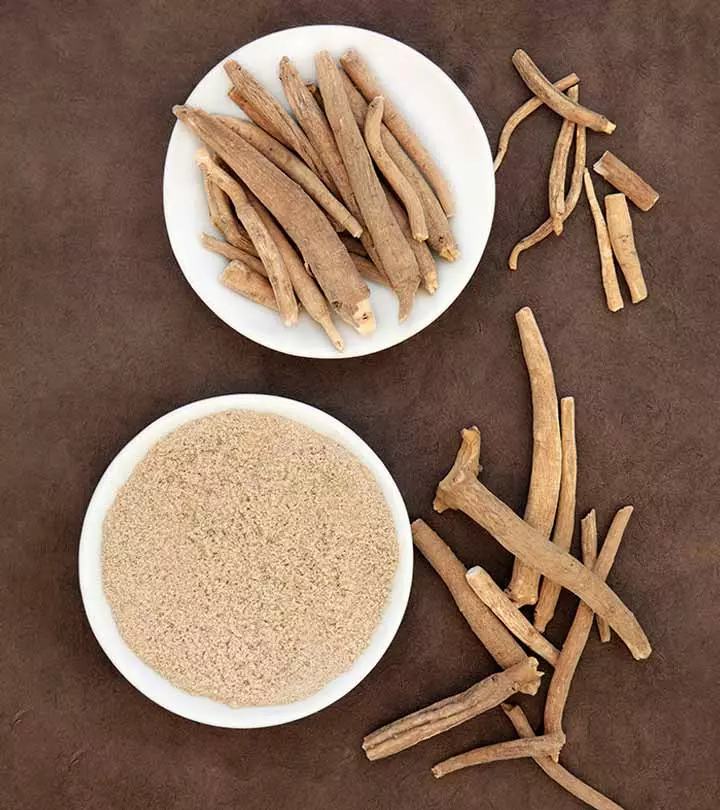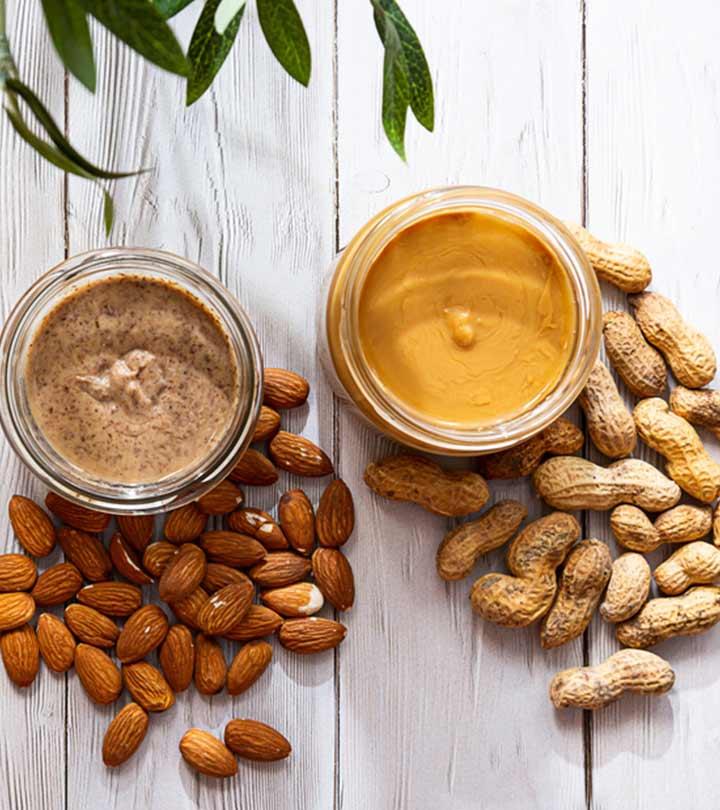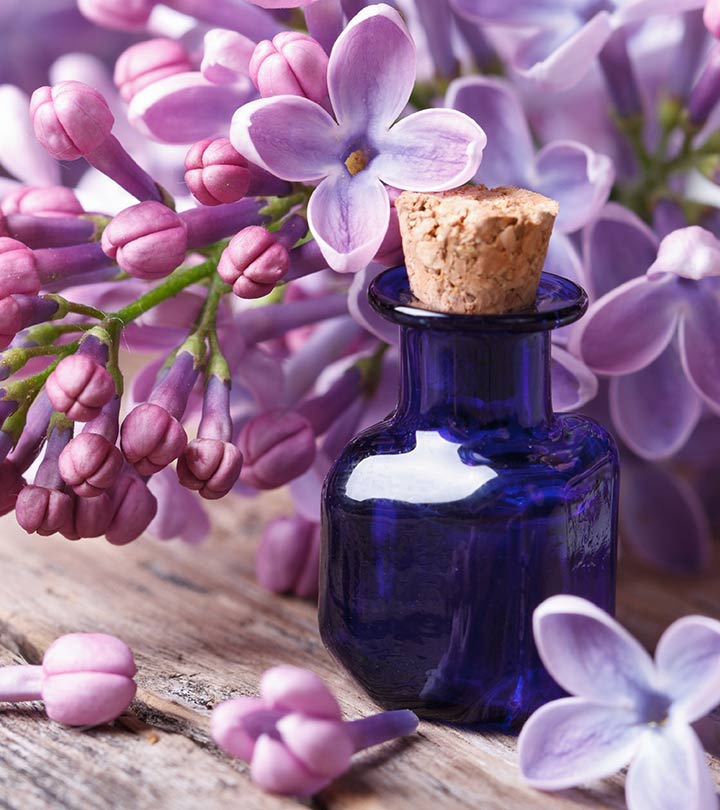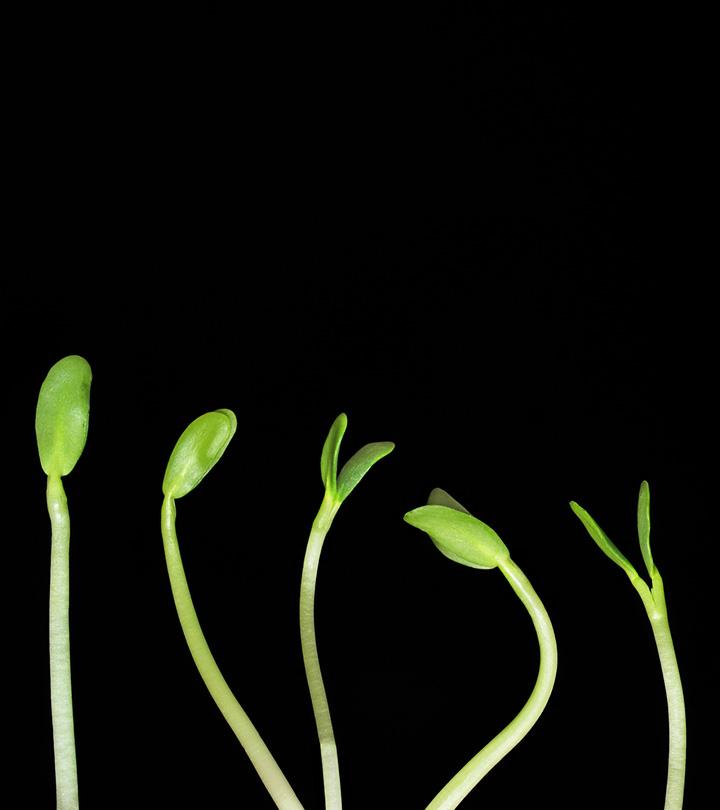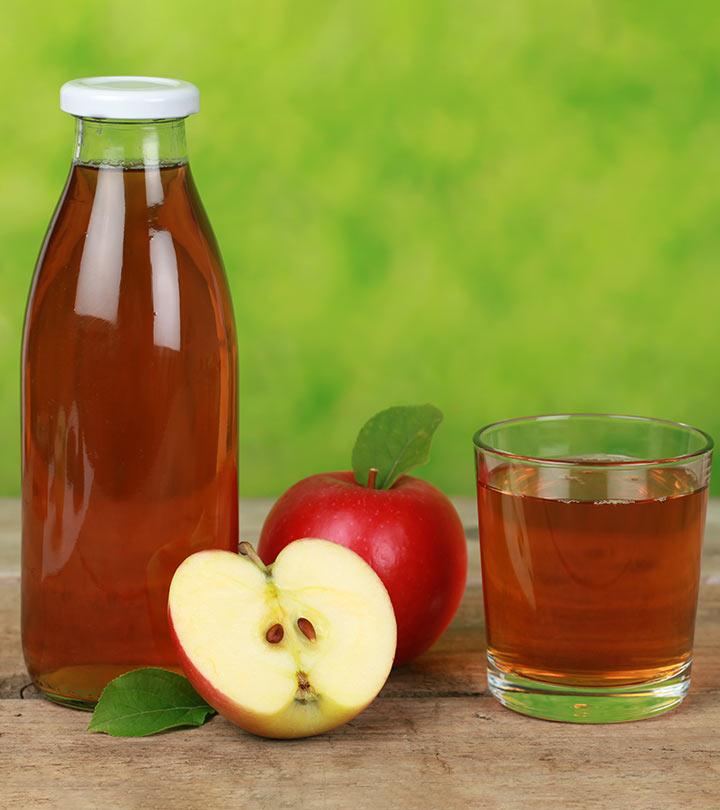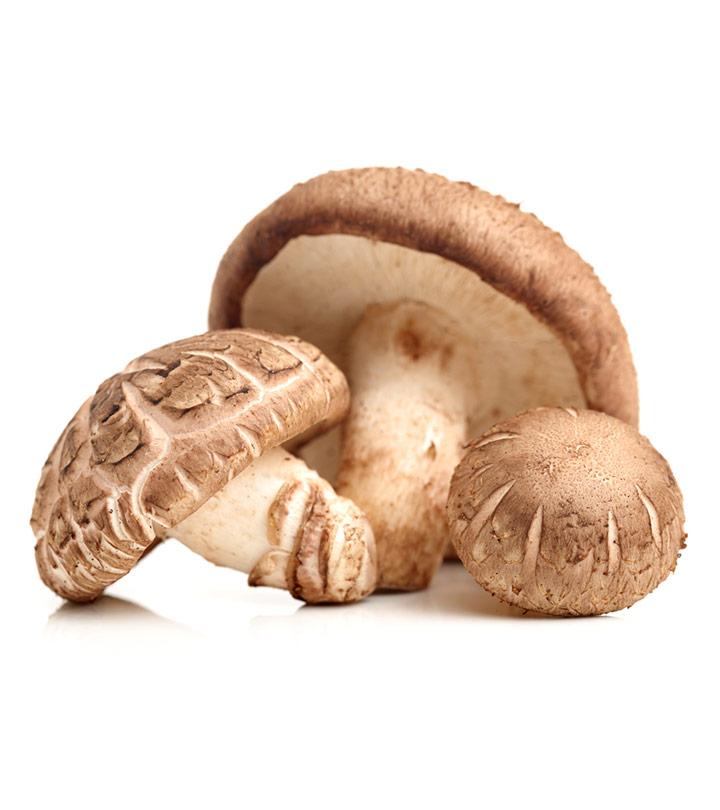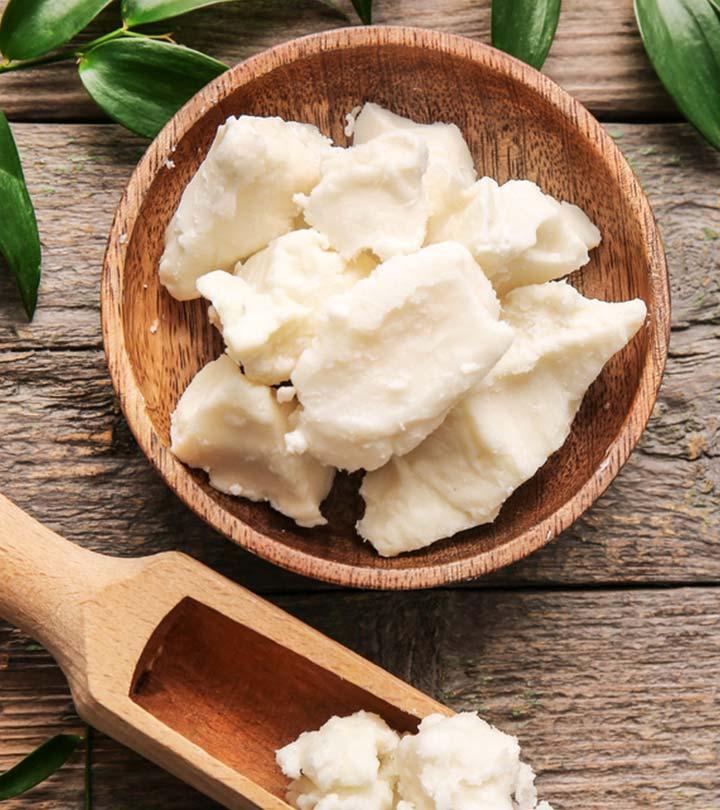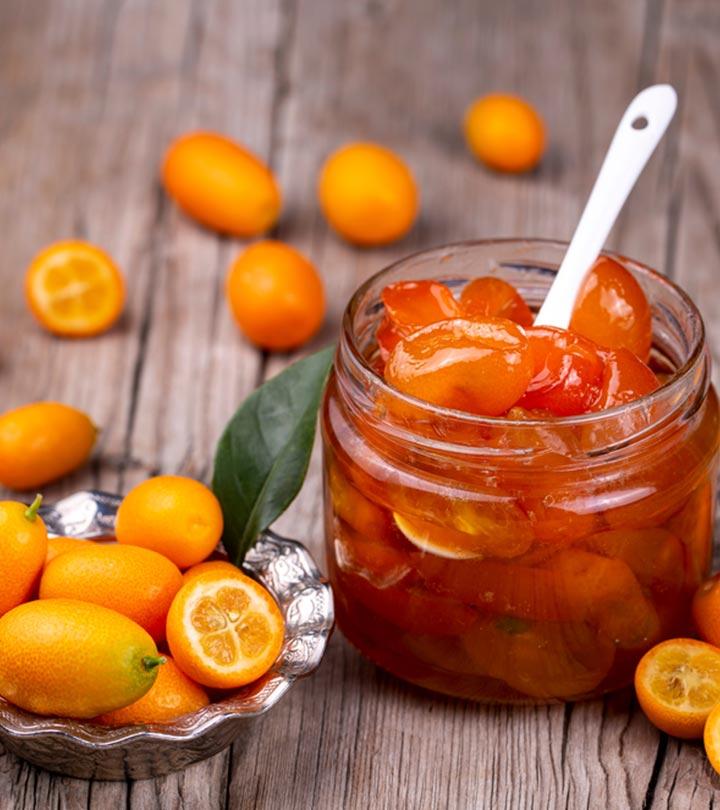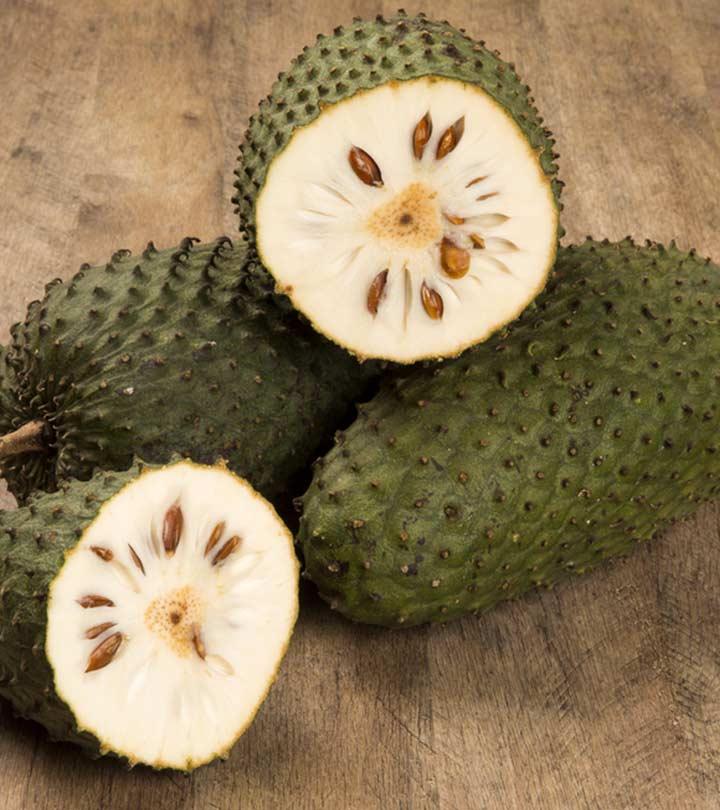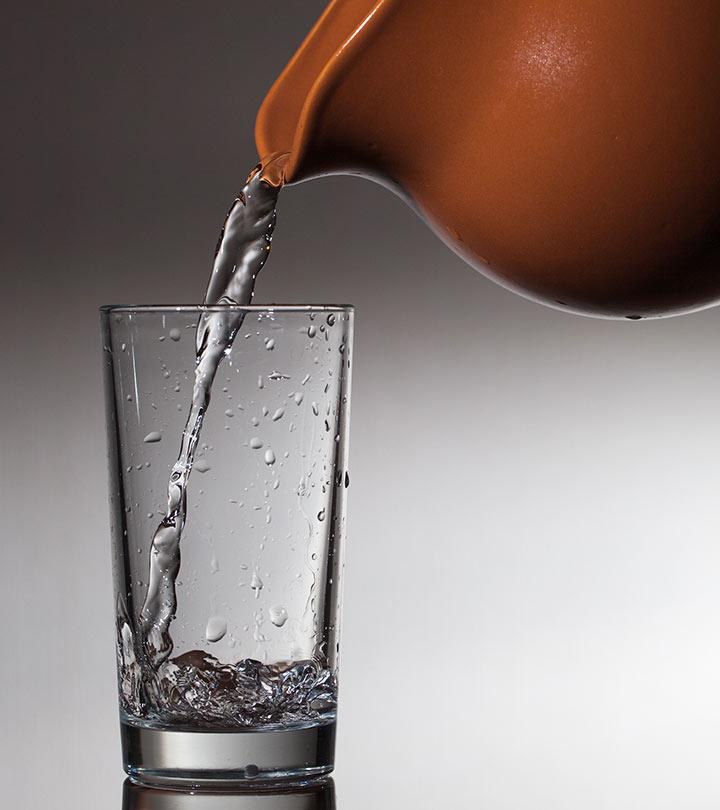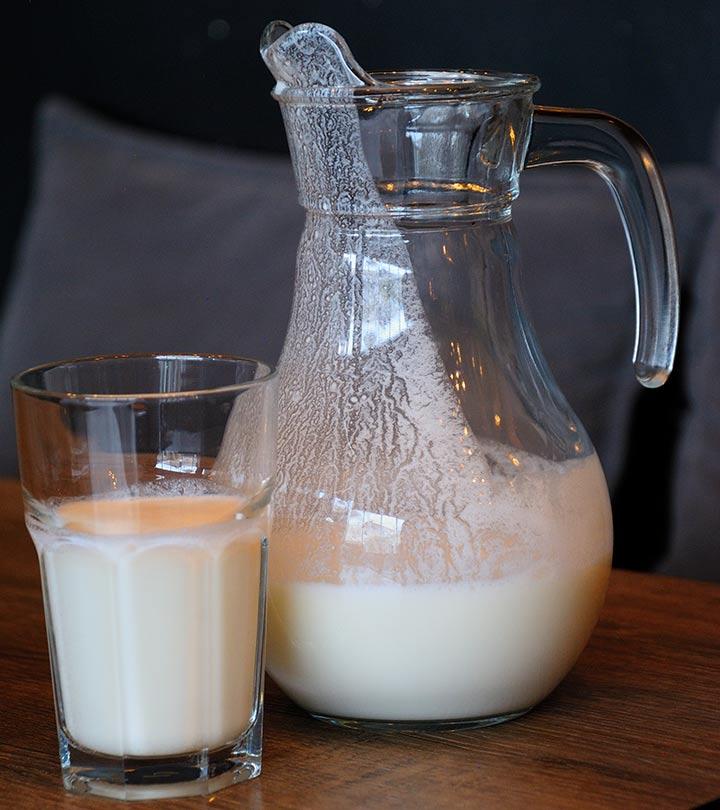11 Benefits of St John’s Wort, Dosage, & Side Effects
A potent herbal supplement that may help with a wide range of physical and mental health concerns.
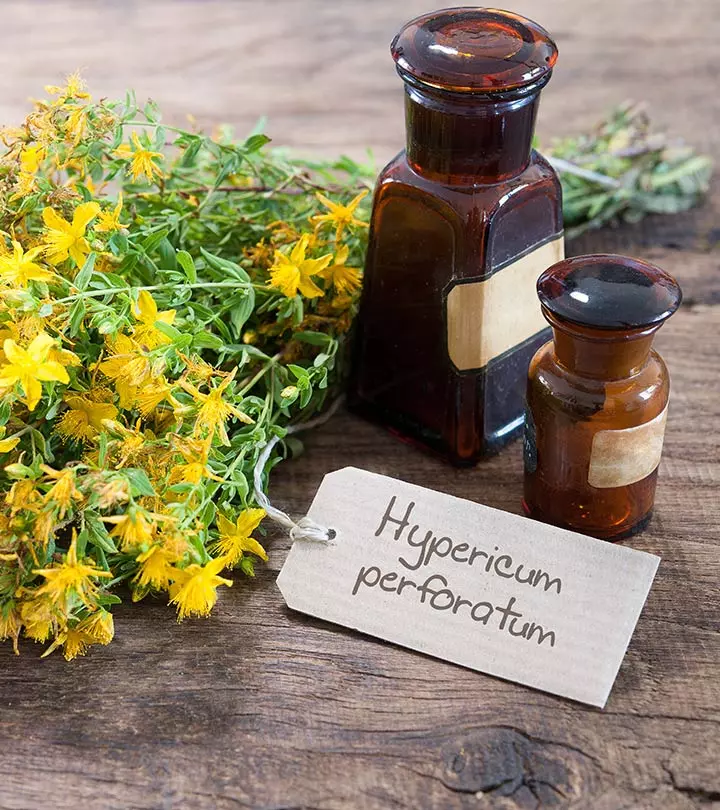
Image: shutter stock
St. John’s Wort (Hypericum perforatum) is better known for its antidepressant properties. This yellow-flowered plant is native to Europe and was used in folk medicine for its therapeutic values. The benefits of St. John’s Wort can be attributed to its active compounds like hypericin and hyperforin. This herbal supplement has antioxidant, anti-inflammatory, anti-cancer, and antimicrobial properties that help treat several health conditions. The use of St. John’s Wort can help control menopausal symptoms, promote wound healing, treat attention deficit hyperactivity disorder (ADHD), improve anxiety disorder, and treat atopic dermatitis.
In this article, we have discussed the health benefits and possible side effects of St. John’s Wort. Keep reading!
 Know Your Ingredient: St. John's Wort
Know Your Ingredient: St. John's WortWhat Is It?
A flowering plant in the Hypericaceae family with yellow, star-shaped flowers.
What Are Its Benefits?
May help treat depression, control menopausal symptoms, heal wounds, and treat anxiety disorder.
Who Can Use It?
All except those who are receiving antidepressants, birth control pills, and blood thinners.
How Often?
300 mg to 600 mg per day.
Caution
May cause dry mouth, dizziness, and gastrointestinal issues if consumed in excess.
In This Article
What Are The Benefits Of St. John’s Wort?
1. May Help Treat Depression
St. John’s Wort may help treat depression and improve emotional wellness. Generally, medications such as antidepressants are used to treat this psychological issue. Antidepressants usually come with other side effects. St. John’s Wort is said to possess some active ingredients like hyperforin, adhyperforin, and hypericin that may increase the levels of chemical messengers in the brain (1).
A study stated that participants who took St. John’s Wort were far less likely to experience adverse events than those using antidepressants (2). In addition, using St. John’s Wort reduces the symptoms of depression to a similar extent as antidepressants (3).
Another study conducted by the University of Queensland supported the use of St. John’s Wort in treating mild depression (4). A review of 29 international studies suggests that St. John’s Wort may be better than a placebo and as effective as different standard prescription antidepressants that are used to treat depression (5).
Johnnifer Leigh, a YouTuber, shared her experience of taking St. John’s Wort as a supplement for depression. She said,“ I took it and almost immediately I just perked up. It seemed to work right away (i).”
 Did You Know?
Did You Know?2. May Control Menopausal Symptoms
St. John’s Wort extract may be used to relieve the psychological and vegetative symptoms of menopause. It could improve the quality of life and hot flashes in perimenopausal women. Further larger clinical trials are needed to further understand this mechanism (6).
In another study, 111 women supplemented with 900 mg of St. John’s Wort daily for 12 weeks showed improvements in their menopausal symptoms (7). Another study states that the plant can be used as an effective treatment for the vasomotor symptoms of perimenopausal or postmenopausal women (8).
Also, the extracts of St. John’s Wort and their combination with herbs have shown fewer side effects in postmenopausal women (9). Daily treatment with St. John’s Wort was more effective for the treatment of premenstrual syndrome (PMS) (10).
3. May Help In Wound Healing
St. John’s Wort is traditionally used to treat wounds and burns (11), (12). The extracts of this herb have also been used as a folk remedy to promote skin wound healing (13). St. John’s Wort also resulted in a faster inflammatory response and helped in healing diabetic surgical wounds (14).
This herbal medicine and its metabolite (hyperforin) were found to help in the treatment of inflammatory skin disorders (15). St. John’s Wort was found to treat wounds as a result of collagen synthesis and fibroblast migration (16).
 Trivia
Trivia4. May Treat Attention Deficit Hyperactivity Disorder (ADHD)
St. John’s Wort may help treat attention deficit hyperactivity disorder (ADHD). A study conducted by the Regional Hospital Bozen, Bolzano, found that St. John’s Wort showed a slight improvement in the mean scores of the patients’ hyperactivity and immaturity factors (17).
However, a study that used St. John’s Wort extract to treat children and adolescents with ADHD did not improve their symptoms (18). Hence, more long term research is required to further understand this benefit of St. John’s Wort.
5. May Treat Anxiety disorder
St. John’s Wort possesses some beneficial therapeutic properties that may help treat anxiety disorder. The plant has antidepressant properties that are used in the treatment of the major depressive disorderi A mental health condition marked by a chronically depressed state for more than 2 weeks that impairs everyday functioning. (MDD) with comorbid anxiety (19). A study conducted by the Western Illinois University on mice found that St. John’s Wort helped in the treatment of posttraumatic stress disorderi A condition marked by an inability to recover after being exposed to a horrific incident that may last up to many years. (which includes anxiety disorder) (20).
However, more research is warranted in this regard.
6. May Treat Atopic Dermatitis
Hyperforin, a major constituent of St. John’s Wort, has an anti-inflammatory effect. The topical application of St. John’s Wort cream may help in treating atopic dermatitisi An inflammatory, itchy skin condition that usually manifests as a rash on the arms and behind the knees in early childhood. (21).
Constituents of the plant, like hyperforin and hypericin, possess antioxidant, anti-inflammatory, anticancer, and antimicrobial properties that could help treat atopic dermatitis (22). Also, hypericin is a photosensitizer that can be used for selective treatment of non-melanoma skin canceri A class of cancer that forms in the skin's outer layers rather than in the cells responsible for producing pigments. (22).
More research is needed in this regard.
7. May Treat Somatoform Disorders
Somatoform disorders are mental disorders that manifest themselves as physical injuries. Initial studies have shown that St. John’s Wort may possess some efficacy in patients with somatoform disorders (23). In another study, administration of 600 mg of St. John’s Wort extract daily was effective in the treatment of somatoform disorders (24).
8. May Reduce Cancer Risk
Hyperforin and its derivatives (like aristoforin) are natural products of St. John’s Wort that have several pharmacological properties. Hyperforin is said to be a potent anticancer agent (25). The melatonin‐rich germplasm line of St. John’s Wort is said to possess antioxidant properties. They help inhibit cancer cell growth (26).
Hyperforin also promotes the programmed cell death of various cancer cells and inhibits their capacity to migrate (27), (28). Hyperforin and its derivatives hold a prominent position as anticancer medications with their low toxic nature and anti-tumor properties (29). A study stated that hyperforin could induce cancer cell death in the case of leukemiai Cancer of the blood-forming tissues of the body, primarily the white blood cells but also the lymphatic system and bone marrow. (30), (31).
9. May Treat Sinus Congestion
Some studies suggest that St. John’s Wort may work against sinusitis and seasonal affective disorderi A condition in which recurring episodes of depression arise at the same time every year, usually in climates with shorter daylight hours. (SAD) (32). St. John’s Wort has antibiotic and antiviral properties that may help relieve phlegm congestion, sinus infection, flu, and bronchitis symptoms. However, further research is needed to understand this benefit of St. John’s Wort in humans.
10. May Lower Blood Pressure
St. John’s Wort has strong anti-inflammatory and antioxidant properties, which may help lower blood pressure. Some anecdotal evidence suggests that this medicinal herb minimizes inflammation in the cardiovascular system and decreases stress on the heart. However, more research is warranted in this regard.
11. May Improve The Symptoms Of OCD
St John’s wort is traditionally used to treat several disorders, including mental health issues like depression and obsessive-compulsive disorder. However, evidence regarding its effect on treating OCD symptoms is contradictory. One research found that St. John’s wort displayed positive improvements, noticeable as early as one week into treatment. However, another research involving a larger sample size did not find in significant difference between the placebo group and the group treated with St John’s wort (33), (34). Therefore, further research is needed in this matter.
Please consult a doctor before taking this herb to manage OCD or any other mental health issue.
While there are numerous potential benefits associated with this herb, many of these lack substantial scientific evidence. Let us find out more about it.
Insufficient Evidence For Certain Health Conditions
St. John’s Wort has a long history of use in folk medicine for treating a diverse range of disorders that include inflammation, wounds, bacterial and viral infections, peptic ulcers, and respiratory impairments (35). St. John’s Wort is said to possess analgesic and antinociceptive properties that help in the management of pain (36). Multiple sclerosis (MS) is a central nervous system disorder that is characterized by axonal injury and inflammation. St. John’s Wort is said to possess anti-inflammatory properties that help treat multiple sclerosis (MS) (37).
The strong anti-inflammatory properties of St. John’s Wort make it an ideal solution for severe joint pains, gout, and muscle spasms. The ethyl acetate extract of St. John’s Wort could show antihyperglycemic activity in diabetic rats (38). Animal studies state that St. John’s Wort has hepatoprotective effects that could help treat hepatic ischemiai Acute liver damage brought on by inadequate blood supply to the organ as a result of stress or low blood pressure. in rats (39). St. John’s Wort may help fight against diabetes. The administration of its extracts (125 and 250 mg/kg) induced a significant decrease in high blood glucose levels in diabetic rats (40).
Following are some of the purported benefits of St. John’s Wort that have insufficient evidence:
- Brain tumor (glioma)
John’s Wort may help treat glioma through intravenous injection (41). However, insufficient data is available to prove this claim.
- Herpes
Recent studies have shown that St. John’s Wort contains certain antiviral properties. This herb is believed to be helpful in the treatment of herpes, AIDS, hepatitis B, and several other serious viral conditions (42), (43).
- Smoking cessation
St. John’s Wort could attenuate nicotine withdrawal signs in mice. The plant was also used as a natural antidepressant in mice. More studies in humans are needed (44). St. John’s Wort proves to be effective in larger controlled studies. It could represent a less expensive, more readily accessible, and well-tolerated agent to promote tobacco cessation (45). However, further studies are necessary to understand the possibility of St. John’s wort in the treatment of smoking cessation in humans.
- Helps create a hormonal balance
St. John’s Wort is a widely popular treatment for hormonal imbalances. Its chemical composition is especially shown to lower the hormonal imbalances in a menopausal woman. It may reduce mood swings, the severity of the cramps, irritation, depression, and anxiety levels (46). However, further evidence is needed to confirm its effectiveness.
Other potential benefits of St. John’s Wort that lack any research include the following:
- Migraine headache
- Obsessive-compulsive disorder (OCD)
- Skin redness and irritation (plaque psoriasis)
- Tooth pulling
- Nerve pain
- Burning mouth syndrome
- Post-operative pain
Though more research is warranted, the plant does have some benefits. In the following section, we will look at the ideal dosage of the plant.
Dosage*
For Children and young adults (>18 years)
- For ADHD – 300 mg St. John’s Wort, three times daily for eight weeks (18)
- For depression – 150-1800 mg St. John’s Wort, three times daily for eight weeks (43)
For Adults
- For anxiety – 900 mg St. John’s Wort, twice daily for twelve weeks (47)
- For cancer – 05-0.50 mg per kg of hypericin, for two months (48)
- For mild to moderate depression – 20-1800 mg St. John’s Wort, three times for 4 to 52 weeks
- For severe depression – 900-1800 mg, once daily for 8 to 12 weeks (49)
- For obsessive-compulsive disorder (OCD) – 450-1800 mg, once daily for 12 weeks (33)
- For premenstrual syndrome (PMS) – 300-900 mg daily for two menstrual cycles (50)
- For smoking cessation – 300 mg, once or twice daily for three months (51)
*These values are taken only from randomized clinical trials. They are for reference only. None of them have been proven to treat any particular ailment. Consult your doctor for more information.
Though St. John’s Wort is generally safe for consumption, it also may have some side effects. We will explore them in the following section.
What Are The Potential Side Effects Of St. John’s Wort?
The uncontrolled and unprescribed dosage of St. John’s Wort may cause several side effects. These include allergic reactions, sedation, gastrointestinal symptoms, headache, skin reactions, dry mouth, tiredness/restlessness, and dizziness. The majority of these reactions were generally considered to be mild, moderate, or transient (52), (53), (54).
Some research has indicated that taking certain herbal supplements, including St. John’s Wort, may increase your risk of complications if you are put under anesthesia. You should not take St. John’s Wort at least two weeks before a scheduled surgery (55).
Photosensitivity reactions affecting the skin are other serious adverse reactions associated with St. John’s Wort. Recent data suggest that photosensitivity reactions are dose-related, with increased sensitivity associated with higher doses. Extracts of St. John’s Wort are used in the treatment of depression. They contain various substances with naphthodianthrones hypericin and pseudohypericin as characteristic ingredients. These compounds may lead to phototoxicity in animals and humans (56), (57).
Also, St. John’s Wort may cause liver injury, tingling, and erectile or sexual dysfunction. However, limited research is available in this regard.
Possible Drug Interactions
St. John’s Wort may react with certain drugs. Generally, most herbs interact with prescribed drugs and have the potential to influence metabolic reactions (57), (58).
In a study, drug interactions with St. John’s Wort had affected the organ systems and the central nervous system. St. John’s Wort and fluoxetine have a similar profile, and this demonstrates that herbal preparations can result in adverse drug reactions that are similar to those of prescription medications (59). In another study, St. John’s Wort interacted with the metabolism process of cyclosporin A. The drug is involved in the careful monitoring of blood levels in a patient after liver transplantation (60).
St. John’s Wort may interact with medicines such as warfarin, phenprocoumon, cyclosporine, oral contraceptives, theophylline, digoxin, indinavir, and lamivudine (61).
Also, it may interact with other drugs. These include:
- Antibiotics, antidepressant SSRIs, and Triptans
St. John’s Wort may interact with selective serotonin reuptake inhibitors (SSRIs). This interaction may lead to agitation, nausea, confusion, and diarrhea (57).
- Oral contraceptives
St. John’s Wort may interact with oral contraceptives. This results in breakthrough bleeding among women who are taking birth control pills along with St. John’s Wort (57).
- Immunosuppressants and blood thinners such as warfarin
Warfarin may interact with St. John’s Wort, which can lead to severe adverse reactions that are sometimes life-threatening (62).
- Sedatives and medications used to treat generalized anxiety disorder; drugs used to treat cancer, heart conditions, and HIV/AIDS
From one study, patients with HIV experienced an increase in HIV RNA viral load following the use of St. John’s Wort (57).
- Over-the-counter medications (for sleep, cough, and cold)
St. John’s Wort also interacts with anticonvulsants such as carbamazepine, phenobarbitone and phenytoin, theophylline, cyclosporin, phenprocoumon, and digoxin. However, more long-term research is needed to further understand these drug interactions.
Infographic: 6 Potential Health Benefits Of St. John’s Wort
St. John’s Wort has been used for ages to treat various illnesses due to its antiviral, anti-inflammatory, and antibacterial properties. It is being extensively studied for its antidepressant properties and is used in alternative medicine. Check out the infographic for a quick recap of the benefits of St. John’s Wort for your health.

Illustration: StyleCraze Design Team
St. John’s Wort serves as an herbal remedy and dietary supplement to promote healthy nervous system function. It has anti-inflammatory and antimicrobial properties that have been proven to help treat various ailments and improve holistic health. St. John’s Wort benefits include relief from menopause symptoms, anxiety, depression, and ADHD. Thus it may benefit individuals who are dealing with mood disorders or undergoing therapy due to poor mental health. In addition, it may help heal wounds, reduce atopic dermatitis, and ease sinus congestion. However, overuse may have unpleasant side effects. It can cause dry skin, allergic reactions, and, in severe cases, photosensitivity. If you experience any adverse effects, limit its use and seek medical advice.
Frequently Asked Questions
How long does St. John’s Wort take to start working?
St. John’s Wort may take 3 to 6 weeks to show any effects. Do not stop taking it all at once, as you may otherwise experience side effects.
Should I take St. John’s Wort in the morning or night?
St. John’s Wort works best if taken twice a day. In the third and fourth weeks of your treatment, take 300 mg in the morning and 600 mg in the evening. In the fifth week, consider increasing the dose to 600 mg twice a day. Like all antidepressants, this alternative medicine can take 4-6 weeks before notice its effects and benefits. Consult your doctor for more information on the use and dosage.
Does St. John’s Wort make you gain weight?
No. St. John’s Wort has the potential to prevent obesity and abnormalities with lipid metabolism. It does not lead to weight gain.
Is St. John’s Wort bad for your heart?
St. John’s Wort is well known to help treat depression in heart patients, with less negative side effects on the heart than traditional antidepressants.
Can St. John’s Wort damage the liver?
St. John’s Wort has not been linked to liver injury. Because of its many herb-drug interactions and effects, the herb may affect liver function or cause some liver injury. Avoid taking it along with liver medications. Consult your doctor.
Can you drink alcohol with St. John’s Wort?
You should avoid or limit the use of alcohol while being treated with St. John’s Wort. Alcohol can increase the side effects of St. John’s Wort associated with the nervous system, including dizziness, drowsiness, and difficulty concentrating.
Does St John’s wort cause hair loss?
Yes, St John’s wort may cause hair loss as one of the side effects, which is triggered by the serotonin syndrome it is known to cause. Serotonin syndrome is a drug reaction characterized by excess levels of serotonin in the body (63).
Can you take vitamin B12 with St John’s wort?
While no significant proof or study can back up this statement, it is still advised to refrain from taking them together, as combining medications with dietary supplements may cause ill effects (64).
Key Takeaways
- St. John’s Wort may help treat inflammatory skin disorders and other injuries.
- It may help treat depression and anxiety as it has antidepressant properties.
- It may reduce the risk of cancer due to its antioxidant properties.
- High doses of it may cause skin allergies and gastrointestinal problems.
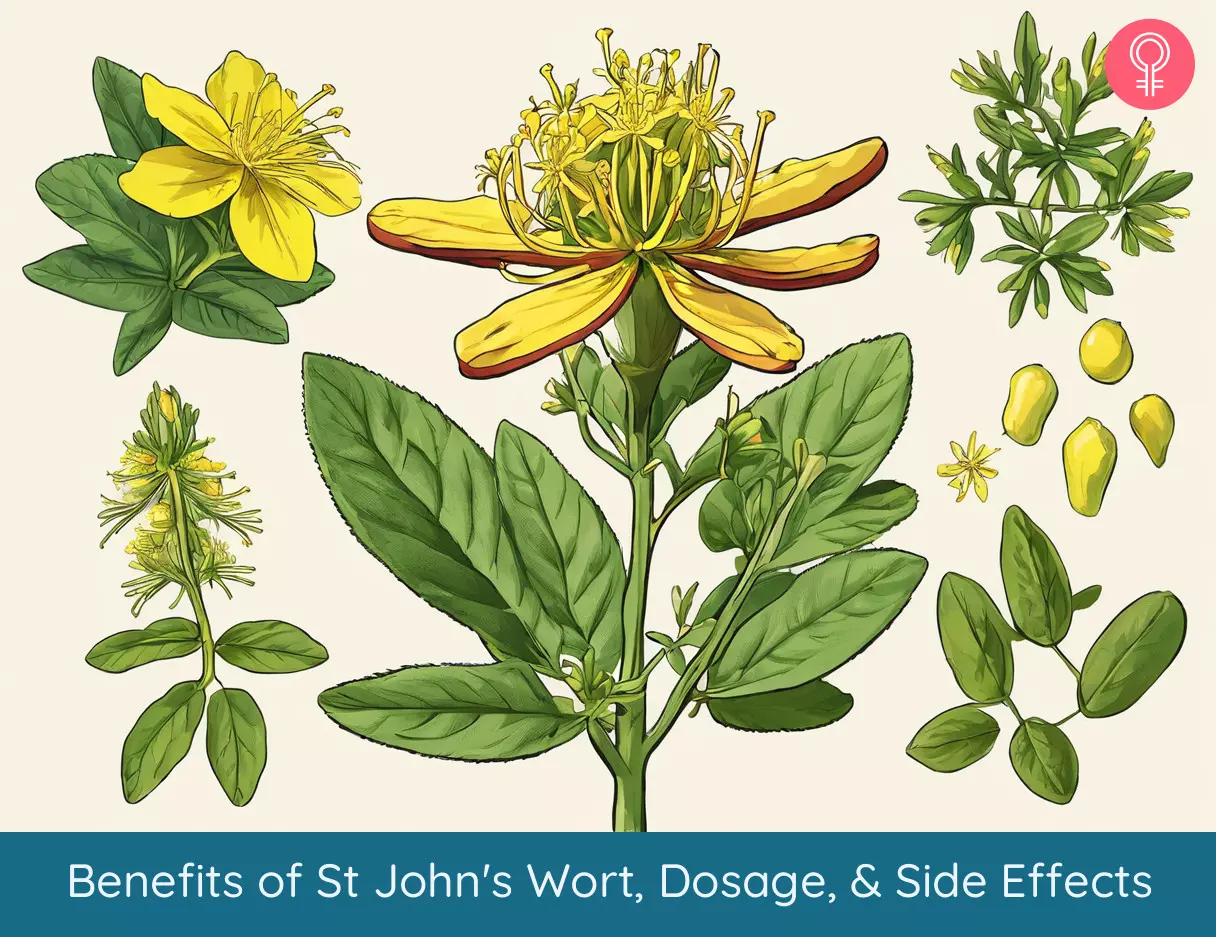
Image: Stable Diffusion/StyleCraze Design Team
References
Articles on StyleCraze are backed by verified information from peer-reviewed and academic research papers, reputed organizations, research institutions, and medical associations to ensure accuracy and relevance. Read our editorial policy to learn more.
- Butterweck V. Mechanism of action of St John’s wort in depression : what is known?. CNS Drugs. 2003;17(8):539‐562.
https://pubmed.ncbi.nlm.nih.gov/12775192/ - Apaydin, Eric A et al. “A systematic review of St. John’s wort for major depressive disorder.” Systematic reviews vol. 5,1 148. 2 Sep. 2016.
https://www.ncbi.nlm.nih.gov/pmc/articles/PMC5010734/ - Ng QX, Venkatanarayanan N, Ho CY. Clinical use of Hypericum perforatum (St John’s wort) in depression: A meta-analysis. J Affect Disord. 2017;210:211‐221.
https://pubmed.ncbi.nlm.nih.gov/28064110/ - Sarris J, Kavanagh DJ. Kava and St. John’s Wort: current evidence for use in mood and anxiety disorders. J Altern Complement Med. 2009;15(8):827‐836.
https://pubmed.ncbi.nlm.nih.gov/19614563/ - “St. John’s Wort and Depression: In Depth.” National Center for Complementary and Integrative Health, U.S. Department of Health and Human Services.
www.nccih.nih.gov/health/st-johns-wort-and-depression-in-depth. - Al-Akoum M, Maunsell E, Verreault R, Provencher L, Otis H, Dodin S. Effects of Hypericum perforatum (St. John’s wort) on hot flashes and quality of life in perimenopausal women: a randomized pilot trial. Menopause. 2009;16(2):307‐314.
https://pubmed.ncbi.nlm.nih.gov/19194342/ - Grube, B., A. Walper, and D. Wheatley. “St. John’s Wort extract: efficacy for menopausal symptoms of psychological origin.” Advances in therapy 16.4 (1999): 177-186.
https://europepmc.org/article/med/10623319 - Abdali, Khadijeh, Marjan Khajehei, and Hamid Reza Tabatabaee. “Effect of St John’s wort on severity, frequency, and duration of hot flashes in premenopausal, perimenopausal and postmenopausal women: a randomized, double-blind, placebo-controlled study.” Menopause 17.2 (2010): 326-331.
https://journals.lww.com/menopausejournal/Abstract/2010/17020/Effect_of_St_John_s_wort_on_severity,_frequency,.20.aspx - Liu, Y-R., et al. “Hypericum perforatum L. preparations for menopause: a meta-analysis of efficacy and safety.” Climacteric 17.4 (2014): 325-335.
https://www.tandfonline.com/doi/abs/10.3109/13697137.2013.861814 - Canning, Sarah, et al. “The efficacy of Hypericum perforatum (St John’s Wort) for the treatment of premenstrual syndrome.” CNS drugs 24.3 (2010): 207-225.
https://link.springer.com/article/10.2165/11530120-000000000-00000 - Henderson, L., et al. “St John’s wort (Hypericum perforatum): drug interactions and clinical outcomes.” British journal of clinical pharmacology 54.4 (2002): 349-356.
https://bpspubs.onlinelibrary.wiley.com/doi/full/10.1046/j.1365-2125.2002.01683.x - Jarić, Snežana, et al. “Traditional wound-healing plants used in the Balkan region (Southeast Europe).” Journal of ethnopharmacology 211 (2018): 311-328.
https://www.sciencedirect.com/science/article/abs/pii/S0378874117321852 - Altıparmak, Mehmet, et al. “Skin wound healing properties of Hypericum perforatum, Liquidambar orientalis, and propolis mixtures.” European Journal of Plastic Surgery 42.5 (2019): 489-494.
https://link.springer.com/article/10.1007/s00238-019-01538-6 - Altıparmak, Mehmet, and Teoman Eskitaşçıoğlu. “Comparison of systemic and topical Hypericum perforatum on diabetic surgical wounds.” Journal of Investigative Surgery 31.1 (2018): 29-37.
https://www.tandfonline.com/doi/abs/10.1080/08941939.2016.1272654 - Schempp, C. M., et al. “Topical application of St John’s wort (Hypericum perforatum L.) and of its metabolite hyperforin inhibits the allostimulatory capacity of epidermal cells.” British Journal of Dermatology 142.5 (2000): 979-984.
https://onlinelibrary.wiley.com/doi/abs/10.1046/j.1365-2133.2000.03482.x - Dikmen, Miriş, et al. “Evaluation of the wound healing potentials of two subspecies of Hypericum perforatum on cultured NIH3T3 fibroblasts.” Phytotherapy research 25.2 (2011): 208-214.
https://onlinelibrary.wiley.com/doi/abs/10.1002/ptr.3243 - Niederhofer H. St. John’s wort may improve some symptoms of attention-deficit hyperactivity disorder. Nat Prod Res. 2010;24(3):203‐205.
https://pubmed.ncbi.nlm.nih.gov/20140799/ - Weber, Wendy et al. “Hypericum perforatum (St John’s wort) for attention-deficit/hyperactivity disorder in children and adolescents: a randomized controlled trial.” JAMA vol. 299,22 (2008): 2633-41.
https://www.ncbi.nlm.nih.gov/pmc/articles/PMC2587403/ - Sarris, Jerome, et al. “St. John’s wort and Kava in treating major depressive disorder with comorbid anxiety: A randomised double‐blind placebo‐controlled pilot trial.” Human Psychopharmacology: Clinical and Experimental 24.1 (2009): 41-48.
https://onlinelibrary.wiley.com/doi/epdf/10.1002/hup.994?referrer_access_token=SEYySO25IalkWAh6KRs87k4keas67K9QMdWULTWMo8MZXS8VxgPOwhZwly8igFVJkGPoB9CfRWEVbwL6vi60QWzWjro1HmMkVX9C78_ZOikm1IFBCWtqO41vE-fhwcRrJ5BpfV0vJZsC3vrUd8Lslg%3D%3D - McFadden SL, Hooker BL. Comparing Perika St. John’s Wort and Sertraline for Treatment of Posttraumatic Stress Disorder in Mice. J Diet Suppl. 2020;17(3):300‐308.
https://pubmed.ncbi.nlm.nih.gov/30773961/ - Schempp, Christoph M., et al. “Topical treatment of atopic dermatitis with St. John’s wort cream–a randomized, placebo controlled, double blind half-side comparison.” Phytomedicine 10 (2003): 31-37.
https://www.sciencedirect.com/science/article/abs/pii/S0944711304703499 - Wölfle, Ute, Günter Seelinger, and Christoph M. Schempp. “Topical application of St. Johnʼs wort (Hypericum perforatum).” Planta medica 80.02/03 (2014): 109-120.
https://www.thieme-connect.com/products/ejournals/html/10.1055/s-0033-1351019 - Volz, Hans-Peter, et al. “St John’s wort extract (LI 160) in somatoform disorders: results of a placebo-controlled trial.” Psychopharmacology 164.3 (2002): 294-300.
https://link.springer.com/article/10.1007/s00213-002-1171-6 - Müller, Thomas, et al. “Treatment of somatoform disorders with St. John’s wort: a randomized, double-blind and placebo-controlled trial.” Psychosomatic Medicine 66.4 (2004): 538-547.
https://journals.lww.com/psychosomaticmedicine/Abstract/2004/07000/Treatment_of_Somatoform_Disorders_With_St__John_s.12.aspx - Gartner, Michael, et al. “Aristoforin, a novel stable derivative of hyperforin, is a potent anticancer agent.” Chembiochem 6.1 (2005): 171-177.
https://chemistry-europe.onlinelibrary.wiley.com/doi/abs/10.1002/cbic.200400195 - Murch, Susan J., and Praveen K. Saxena. “A melatonin‐rich germplasm line of St John’s wort (Hypericum perforatum L.).” Journal of pineal research 41.3 (2006): 284-287.
https://onlinelibrary.wiley.com/doi/abs/10.1111/j.1600-079X.2006.00367.x - Quiney, C., et al. “Hyperforin, a new lead compound against the progression of cancer and leukemia?.” Leukemia 20.9 (2006): 1519-1525.
https://idp.nature.com/authorize?response_type=cookie&client_id=grover&redirect_uri=https%3A%2F%2Fwww.nature.com%2Farticles%2F2404301 - Rothley, Melanie, et al. “Hyperforin and aristoforin inhibit lymphatic endothelial cell proliferation in vitro and suppress tumor‐induced lymphangiogenesis in vivo.” International journal of cancer 125.1 (2009): 34-42.
https://onlinelibrary.wiley.com/doi/full/10.1002/ijc.24295 - Schempp, Christoph M., et al. “Inhibition of tumour cell growth by hyperforin, a novel anticancer drug from St. John’s wort that acts by induction of apoptosis.” Oncogene 21.8 (2002): 1242-1250.
https://www.nature.com/articles/1205190 - Quiney, C., et al. “Hyperforin inhibits MMP-9 secretion by B-CLL cells and microtubule formation by endothelial cells.” Leukemia 20.4 (2006): 583-589.
https://idp.nature.com/authorize?response_type=cookie&client_id=grover&redirect_uri=https%3A%2F%2Fwww.nature.com%2Farticles%2F2404134 - Quiney, C., et al. “Pro-apoptotic properties of hyperforin in leukemic cells from patients with B-cell chronic lymphocytic leukemia.” Leukemia 20.3 (2006): 491-497.
https://idp.nature.com/authorize?response_type=cookie&client_id=grover&redirect_uri=https%3A%2F%2Fwww.nature.com%2Farticles%2F2404098 - Meesters, Ybe, and Marijke Cm Gordijn. “Seasonal affective disorder, winter type: current insights and treatment options.” Psychology research and behavior management vol. 9 317-327. 30 Nov. 2016.
https://www.ncbi.nlm.nih.gov/pmc/articles/PMC5138072/ - Taylor LH, Kobak KA. An open-label trial of St. John’s Wort (Hypericum perforatum) in obsessive-compulsive disorder. J Clin Psychiatry. 2000;61(8):575‐578.
https://pubmed.ncbi.nlm.nih.gov/10982200/ - Kuygun Karcı, Canan, and Gonca Gül Celik. “Nutritional and herbal supplements in the treatment of obsessive compulsive disorder.” General psychiatry vol. 33,2 e100159. 11 Mar. 2020, doi:10.1136/gpsych-2019-100159
https://www.ncbi.nlm.nih.gov/pmc/articles/PMC7066598/ - Nicolussi, Simon, et al. “Clinical relevance of St. John’s wort drug interactions revisited.” British journal of pharmacology 177.6 (2020): 1212-1226.
https://bpspubs.onlinelibrary.wiley.com/doi/full/10.1111/bph.14936 - Galeotti, Nicoletta. “Hypericum perforatum (St John’s wort) beyond depression: A therapeutic perspective for pain conditions.” Journal of ethnopharmacology 200 (2017): 136-146.
https://www.sciencedirect.com/science/article/abs/pii/S0378874116314799 - Nosratabadi, Reza. “St. John’s Wort and Its Component Hyperforin Alleviate Experimental Autoimmune Encephalomyelitis through Expansion of Regulatory T-Cells.” Taylor & Francis.
www.tandfonline.com/doi/full/10.3109/1547691X.2015.1101512 - S, Arokiyaraj, et al. “Antihyperglycemic Effect of Hypericum Perforatum Ethyl Acetate Extract on Streptozotocin–Induced Diabetic Rats.” Asian Pacific Journal of Tropical Biomedicine, No Longer Published by Elsevier, 21 July 2011.
www.sciencedirect.com/science/article/abs/pii/S2221169111600853 - Bayramoglu, Gokhan, et al. “The hepatoprotective effects of Hypericum perforatum L. on hepatic ischemia/reperfusion injury in rats.” Cytotechnology 66.3 (2014): 443-448.
https://link.springer.com/article/10.1007/s10616-013-9595-x - Can, Özgür Devrim, et al. “Effects of treatment with St. John’s Wort on blood glucose levels and pain perceptions of streptozotocin-diabetic rats.” Fitoterapia 82.4 (2011): 576-584.
https://www.sciencedirect.com/science/article/abs/pii/S0367326X11000293 - Jendželovská, Zuzana et al. “Hypericin in the Light and in the Dark: Two Sides of the Same Coin.” Frontiers in plant science vol. 7 560. 6 May. 2016.
https://www.ncbi.nlm.nih.gov/pmc/articles/PMC4859072/#B108 - Jacobson, J M et al. “Pharmacokinetics, safety, and antiviral effects of hypericin, a derivative of St. John’s wort plant, in patients with chronic hepatitis C virus infection.” Antimicrobial agents and chemotherapy vol. 45,2 (2001): 517-24.
https://www.ncbi.nlm.nih.gov/pmc/articles/PMC90321/ - Klemow, Kenneth M., et al. “11 Medical Attributes of St. John’s Wort (Hypericum perforatum).” Lester Packer, Ph. D. (2011): 211.
https://www.ncbi.nlm.nih.gov/books/NBK92750/ - Catania, Maria A., et al. “Hypericum perforatum attenuates nicotine withdrawal signs in mice.” Psychopharmacology 169.2 (2003): 186-189.
https://link.springer.com/article/10.1007/s00213-003-1492-0 - Lawvere, Silvana, et al. “A Phase II study of St. John’s Wort for smoking cessation.” Complementary therapies in medicine 14.3 (2006): 175-184.
https://www.sciencedirect.com/science/article/abs/pii/S0965229906000227 - Geller, Stacie E, and Laura Studee. “Botanical and dietary supplements for menopausal symptoms: what works, what does not.” Journal of women’s health (2002) vol. 14,7 (2005): 634-49.
https://www.ncbi.nlm.nih.gov/pmc/articles/PMC1764641/ - Couldwell WT, Surnock AA, Tobia AJ, et al. A phase 1/2 study of orally administered synthetic hypericin for treatment of recurrent malignant gliomas. Cancer. 2011;117(21):4905‐4915.
https://pubmed.ncbi.nlm.nih.gov/21456013/ - Cui, Yong-Hua, and Yi Zheng. “A meta-analysis on the efficacy and safety of St John’s wort extract in depression therapy in comparison with selective serotonin reuptake inhibitors in adults.” Neuropsychiatric disease and treatment vol. 12 1715-23. 11 Jul. 2016.
https://www.ncbi.nlm.nih.gov/pmc/articles/PMC4946846/ - Canning S, Waterman M, Orsi N, Ayres J, Simpson N, Dye L. The efficacy of Hypericum perforatum (St John’s wort) for the treatment of premenstrual syndrome: a randomized, double-blind, placebo-controlled trial. CNS Drugs. 2010;24(3):207‐225.
https://pubmed.ncbi.nlm.nih.gov/20155996/ - Sood, Amit et al. “A randomized clinical trial of St. John’s wort for smoking cessation.” Journal of alternative and complementary medicine (New York, N.Y.) vol. 16,7 (2010): 761-7.
https://www.ncbi.nlm.nih.gov/pmc/articles/PMC3110810/ - Ernst, E., et al. “Adverse effects profile of the herbal antidepressant St. John’s wort (Hypericum perforatum L.).” European journal of clinical pharmacology 54.8 (1998): 589-594.
https://link.springer.com/article/10.1007/s002280050519 - Woelk, H., G. Burkard, and J. Grünwald. “Benefits and risks of the hypericum extract LI 160: drug monitoring study with 3250 patients.” Journal of geriatric psychiatry and neurology 7.1_suppl (1994): 34-38.
https://journals.sagepub.com/doi/abs/10.1177/089198879400701s10 - Oliveira, Ana I., et al. “Neuroprotective activity of Hypericum perforatum and its major components.” Frontiers in plant science 7 (2016): 1004.
https://www.frontiersin.org/articles/10.3389/fpls.2016.01004/full#B80 - Wong, Adrian, and Stephen A. Townley. “Herbal medicines and anaesthesia.” Continuing education in anaesthesia, critical care & pain 11.1 (2011): 14-17.
https://academic.oup.com/bjaed/article/11/1/14/285726 - Brockmöller, J., et al. “Hypericin and pseudohypericin: pharmacokinetics and effects on photosensitivity in humans.” Pharmacopsychiatry 30.S 2 (1997): 94-101.
https://www.thieme-connect.com/products/ejournals/abstract/10.1055/s-2007-979527 - Henderson, L., et al. “St John’s wort (Hypericum perforatum): drug interactions and clinical outcomes.” British journal of clinical pharmacology 54.4 (2002): 349-356.
https://bpspubs.onlinelibrary.wiley.com/doi/full/10.1046/j.1365-2125.2002.01683.x - Mannel, Marcus. “Drug interactions with St John’s wort.” Drug safety 27.11 (2004): 773-797.
https://link.springer.com/article/10.2165/00002018-200427110-00003 - Hoban, Claire L., Roger W. Byard, and Ian F. Musgrave. “A comparison of patterns of spontaneous adverse drug reaction reporting with St. John’s Wort and fluoxetine during the period 2000–2013.” Clinical and Experimental Pharmacology and Physiology 42.7 (2015): 747-751.
https://onlinelibrary.wiley.com/doi/abs/10.1111/1440-1681.12424 - Karliova, Marc, et al. “Interaction of Hypericum perforatum (St. John’s wort) with cyclosporin A metabolism in a patient after liver transplantation.” Journal of hepatology 33.5 (2000): 853-855.
https://www.sciencedirect.com/science/article/abs/pii/S0168827800803219 - Belwal, Tarun, et al. “St. John’s Wort (Hypericum perforatum).” Nonvitamin and Nonmineral Nutritional Supplements. Academic Press, 2019. 415-432.
https://www.sciencedirect.com/science/article/pii/B9780128124918000564 - Milić, Nataša, et al. “Warfarin interactions with medicinal herbs.” Natural product communications 9.8 (2014): 1934578X1400900835.
https://journals.sagepub.com/doi/abs/10.1177/1934578X1400900835 - Adverse reactions to St John’s Wort
https://pubmed.ncbi.nlm.nih.gov/11221494/ - Mixing Medications and Dietary Supplements Can Endanger Your Health
https://www.fda.gov/consumers/consumer-updates/mixing-medications-and-dietary-supplements-can-endanger-your-health
Read full bio of Gaelle Clement
Read full bio of Ravi Teja Tadimalla
Read full bio of Moksha Gandhi






